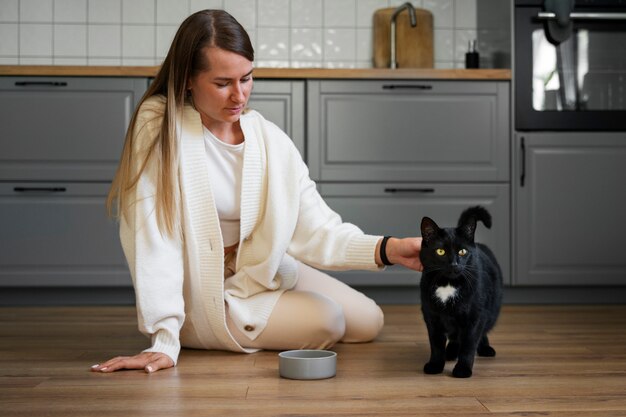Essential Tips for Caring for Elderly Loved Ones
Caring for an elderly loved one can be challenging, but with the right resources and strategies, you can ensure their comfort, dignity, and happiness. In this article, we’ll cover essential knowledge and techniques for effective elderly care.
Understanding Common Health Concerns
Familiarize yourself with conditions commonly faced by the elderly, such as arthritis, dementia, heart disease, and diabetes. Recognizing symptoms and understanding the nuances of each condition can greatly improve the level of care provided.
Managing Health with Preventive Measures
Regular check-ups, a balanced diet, adequate physical activity, and appropriate medications are essential in managing the health of seniors. Caregivers must also be attuned to the mental health of seniors.
Daily Care and Self-Esteem
Maintaining a routine for daily care is paramount in self-esteem. Personal hygiene activities like bathing, grooming, and dental care require patience and respect for the dignity of the elderly.
Adaptive Equipment and Gently Structured Environment
Elderly individuals may face mobility challenges or cognitive impairments that make routine tasks difficult. In such cases, adaptive equipment and a gently structured environment can promote autonomy.
Nutritional Requirements
As metabolism slows with age, the nutritional requirements of the elderly change. A well-balanced diet rich in vital nutrients is critical for maintaining energy levels, bone health, and overall well-being.
Hydration
Hydration is often overlooked but is crucial in elderly care. Ensuring that seniors consume an adequate amount of fluids can prevent dehydration and its accompanying risks.
Creating a Safe Living Space
This involves removing tripping hazards, installing grab bars and railings, improving lighting, and ensuring that common areas are easily accessible.
Technology for Safety
Medical alert systems and monitoring devices provide peace of mind for both seniors and caregivers. Regular inspection and maintenance of home safety features are necessary to ensure their efficacy and adapt to the changing needs of the elderly individual.
Physical Activity
Exercises tailored for the elderly, such as walking, water aerobics, or light resistance training, can increase strength, improve balance, and boost cognitive function.
Emotional Support
Seniors should be encouraged to engage in social activities, and caregivers should show genuine interest in their stories, opinions, and emotions. Celebrating small victories and milestones can uplift spirits and combat feelings of isolation and depression.
Remember that each elderly individual is unique, and their needs may vary. By implementing these essential resources and techniques, you can make a positive impact on the lives of your elderly loved ones and help them age gracefully with comfort and dignity.




